They say war brings out the worst in us. Wars also turn timid pivates into valiant soldiers, submissive men into brave fighters. Abdul Halim Mia was one of the thousands of pen pushers of the erstwhile East Pakistan’s civil service machinery. As chief clerk at Rajshahi’s water development board office, Halim Mia must have had to deal with a lifetime of mundane work and hardly anyone of note. But the onset of war drew out a different man.
He defied a curfew on the morning of 26th March in 1971 when younger men went away to hide leaving their women and children behind. Halim’s oldest son, who was already married with three children at that time, recounted the tale.
“We woke up to the sounds of heavy gunfire in the middle of the night.” Shamsul Alam said they came to learn that the local police were putting up resistance but they had suffered casualties. “Come morning there was a curfew. We sensed imminent danger.” The young men of the area went out to hide in the bushes. They thought it dangerous to stay indoors. The women and children were left behind.
But when the Pakistani Army started shelling the area, a couple of mortar shells hit residences. “The women and children were crying in fear of their life.” It was this 50-year old pen pusher who dared to venture out then. He had stayed behind too. He knew there was a curfew but Halim Mia could not care less. “My father went from one building to another reassuring the inmates, making sure they were alright.”
The Pakistani Army was watching from their lookout and spotted Halim going in and out of buildings in broad daylight. “They picked him up near Hatem Khan house around noon along with two others.” The others, two young men — Kalu and Samu Sardar, returned in the evening but not Halim. “We found his body, tied up and blindfolded, the following morning in a roadside ditch near Bornalir Mor.” Shamsul, himself, recovered his father’s body — with stab marks and a gunshot wound in the back — and buried him secretly at a family graveyard.
The last of the Sardar brothers died a few years ago. But Shamsul went to hear what they had seen soon after his father’s burial. They said that the Pakistani army picked up young and educated people and interrogated them. “They only let go of people if their answers were satisfactory,” Shamsul said quoting the brothers. They had said that people were frightened and implored the Pakistani Army men to spare them. “But he began arguing with them. He stood up to them.”
The occupation army personnel then took Halim Mia to another room and was never seen alive again. But no one remembers the man anymore, not officially at least. “The road that goes through this area was named after him. But they removed the plaque for renovations. No one bothered to put it back,” laments Shamsul.
There is more to Halim Mia’s story. His neighbour, then an eighth grade student, Abdus Salam, says Halim was also among the first organisers of resistance in the area. He can’t remember the exact date when Halim Mia paid a visit to Salam’s father, who fought in the World War II on the Burma front. “Must have been sometime between March 7 and March 20. He basically wanted to know if it was possible to fight the army with 20 firearms and 200 rounds of ammunition.”
Salam’s father had dismissed the idea. He remembers the ex soldier telling Halim Mia that it would be foolish. There was no way that such weak firepower would subdue an organised force. “Instead my father told him to organise a guerrilla team.”
Although Shamsul differs saying his father was never involved in politics and was always the harmless clerk, Samu and Kalu’s account also suggest otherwise. They said those picked up answered all the questions and basically told the Pakistani soldiers whatever they wanted to know. Not Halim Mia though. “They kicked him hard on the chest and beat him. But he did not say a word. Not a hint of anything.” That defiance was perhaps the last straw. Halim Mia was taken away from the group and shot later.
Although his situation has improved now, Shamsul had to go through much hardship after his father’s death. “There were 15 members in our family. We had to sell our lands and barely managed to survive for another four years till I started up my business.”
Halim was perhaps the first martyr of Rajshahi resistance in 1971 but aside from his name on a roadside plaque, there is no recognition. And even the plaque is not there anymore. It is almost like he never died, or never lived at all.




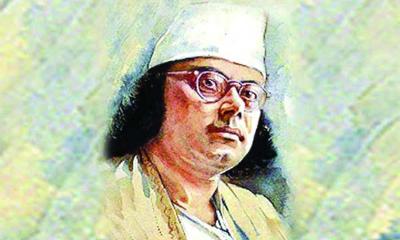
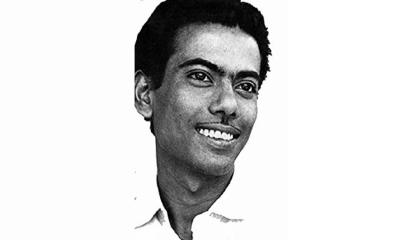
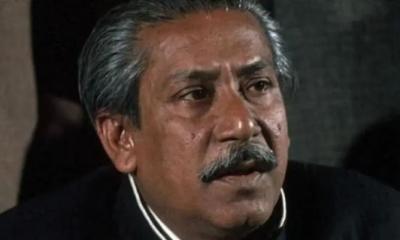
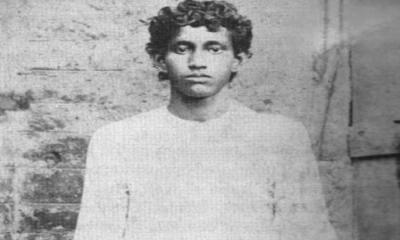
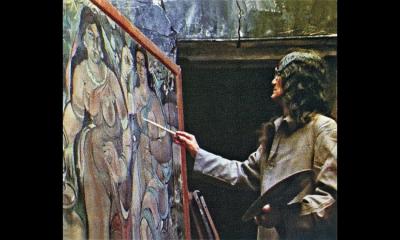

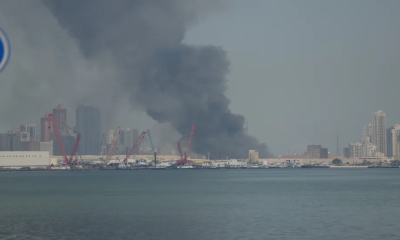
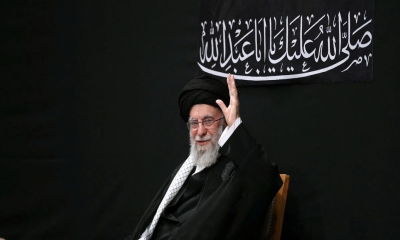
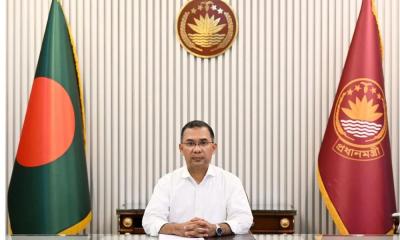


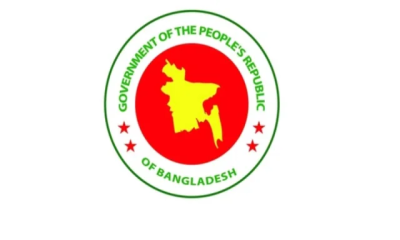
-20260302065048.webp)
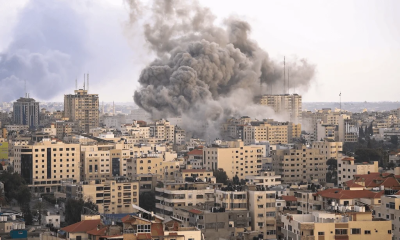


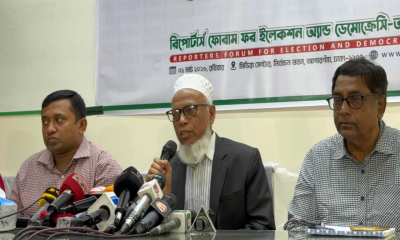
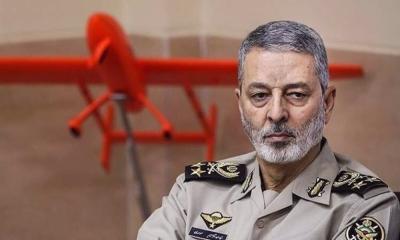

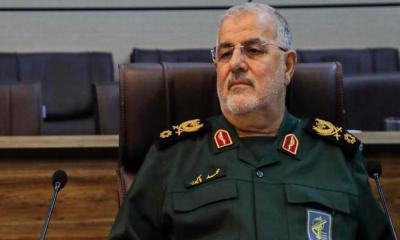
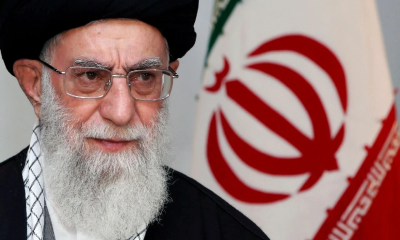







-20260224075258.webp)



-20260225072312.webp)
